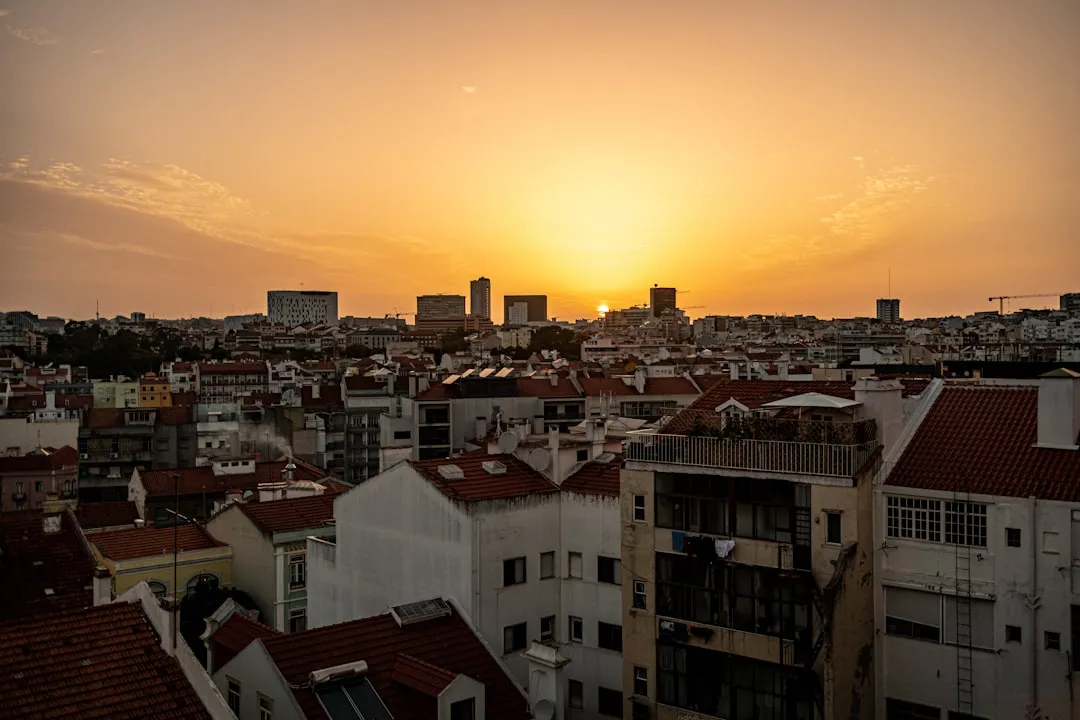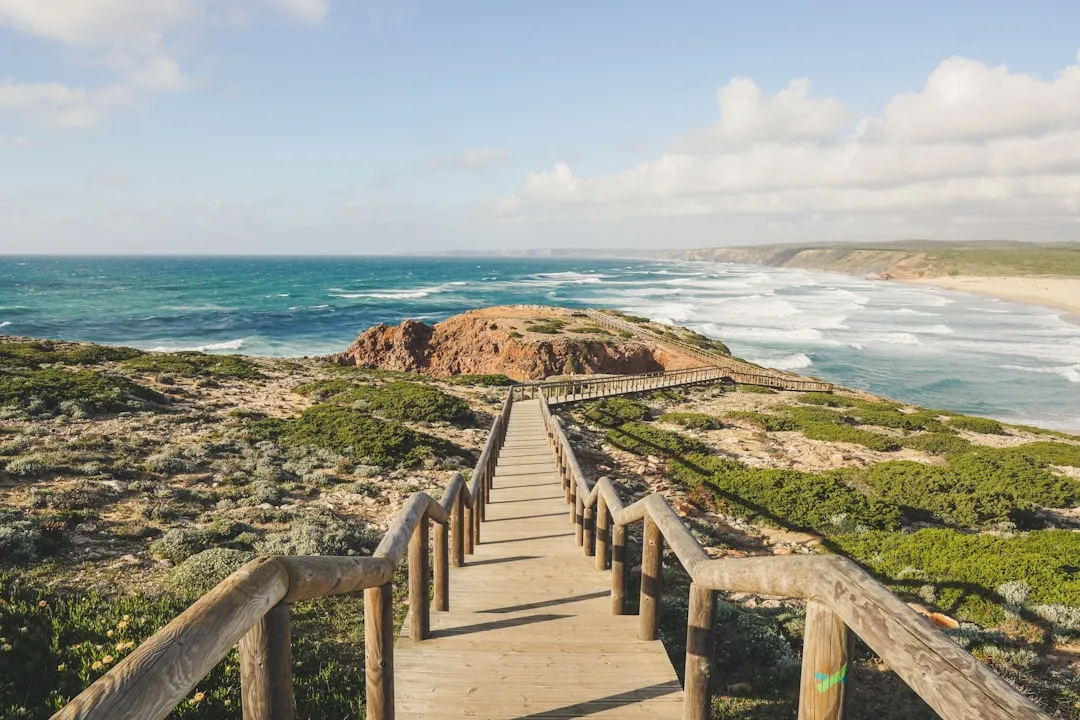Portugal has become one of Europe’s most attractive destinations for property buyers, offering a mix of stunning landscapes, rich culture, and a favorable investment climate. Whether you’re looking for a coastal retreat in the Algarve, a historic home in Lisbon, or a countryside villa in the Douro Valley, Portugal’s real estate market has something for everyone. Let’s explore the key aspects of buying a home in Portugal, from market trends to legal considerations.
Why Buy a Home in Portugal? Portugal offers an exceptional quality of life, combining a Mediterranean climate, affordable living costs, and a welcoming atmosphere for expats and investors alike.
Why Buy a Home in Portugal?
Portugal offers a unique blend of affordability, lifestyle perks, and investment potential, making it an attractive choice for both local and international buyers.
Key Benefits:
- Affordable Cost of Living: Compared to other Western European countries, Portugal offers relatively lower property prices and living costs.
- Mild Climate: Enjoy over 300 days of sunshine per year.
- High Rental Demand: Tourism hotspots like Lisbon, Porto, and the Algarve offer strong rental yields.
- Diverse Property Options: Choose from beachfront properties, historic townhouses, or rural estates.
- Lifestyle Perks: Access to beautiful coastlines, world-class wine regions, and a vibrant cultural scene.
Best Regions to Buy Property in Portugal
Portugal’s real estate market is as diverse as its geography. Here are some of the top regions to consider:
1. Lisbon
As Portugal’s vibrant capital, Lisbon is a prime location for real estate investment. Its mix of historic neighborhoods, modern developments, and a thriving tech scene makes it a favorite among expats and investors.
2. Porto
Known for its picturesque riverfront, wine culture, and growing economy, Porto offers a more affordable alternative to Lisbon while still providing strong investment potential.
3. The Algarve
If you’re seeking a coastal paradise, the Algarve is the place to be. Famous for its golden beaches, golf courses, and warm climate, this region is perfect for retirees and vacation home seekers.
4. The Silver Coast
For those looking for a quieter coastal retreat, the Silver Coast (north of Lisbon) offers stunning ocean views, traditional villages, and more affordable properties compared to the Algarve.
5. Madeira & The Azores
Portugal’s stunning island regions are perfect for those seeking a nature-filled lifestyle with breathtaking landscapes and mild temperatures year-round.
How to Buy a Home in Portugal as a Foreigner
Portugal welcomes foreign buyers, and the purchasing process is relatively straightforward. Here’s what you need to know:
1. Obtain a NIF (Número de Identificação Fiscal)
This is a tax identification number required for all legal and financial transactions in Portugal. You can obtain it from the local tax office or with the help of a lawyer.
2. Understand the Costs
- Property Transfer Tax (IMT): Ranges from 0% to 8%, depending on property value and type.
- Stamp Duty: Typically 0.8% of the property’s price.
- Notary & Registration Fees: Usually around 1-2% of the purchase price.
- Legal Fees: Hiring a lawyer costs around 1-3% of the property value.
3. Hire a Real Estate Agent and Lawyer
Working with local professionals ensures a smooth purchasing process and helps navigate legal aspects, such as title verification and contract drafting.
4. Secure Financing
Portuguese banks offer mortgages to non-residents, though a 20-30% down payment is typically required. Interest rates are generally competitive.
Investment Opportunities in Portugal’s Real Estate Market
Portugal’s property market offers great opportunities for investors:
- Short-Term Rentals: Properties in tourist areas can generate strong rental yields, particularly in Lisbon and the Algarve. However, it's important to note that there are limitations on short-term rental licenses (Alojamento Local), particularly in high-demand urban areas.
- Renovation Projects: Older properties in historic districts can be restored and sold at a profit.
- Long-Term Rentals: With a growing expat and student population, cities like Lisbon and Porto offer steady rental income opportunities.
- Market Trends: Portugal's real estate market has experienced consistent growth over the past decade, driven by foreign investment, tourism, and demand for high-quality properties. While urban centers have seen significant price increases, more affordable opportunities exist in emerging regions like the Silver Coast and Alentejo.
Architectural Styles to Explore in Portugal
Portugal’s homes reflect its rich history and diverse landscapes. Here are some of the most iconic styles:
- Manor Houses (Quintas): Found in the countryside, these estates feature large gardens, stone facades, and traditional Portuguese tiles.
- Pombaline Apartments: Classic buildings in Lisbon with high ceilings, elegant balconies, and intricate tilework.
- Algarve Villas: Whitewashed houses with terracotta roofs, ideal for coastal living.
- Modernist Homes: Contemporary designs featuring sleek architecture and sustainable materials.
Tips for Finding Your Dream Home
- Research Regions: Visit different areas to find a location that suits your lifestyle and budget.
- Work with Local Experts: Portuguese real estate agents can provide valuable insights into market trends and property availability.
- Check Listings Online: Websites like Idealista.pt, Casa.Sapo.pt and Imovirtual.com are great resources.
- Attend Property Viewings: Seeing a home in person helps avoid surprises.
- Understand Renovation Costs: If buying an older property, factor in renovation expenses.
Start Your Portuguese Property Journey Today
Whether you’re looking for a permanent residence, a vacation home, or an investment property, Portugal offers a wealth of opportunities. Explore listings today and take the first step toward owning a home in one of Europe’s most desirable destinations.
Ready to find your perfect Portuguese home? Begin your search now and start living the dream in Portugal!
FAQs
- Can foreigners buy property in Portugal? Yes, there are no restrictions on foreigners purchasing property in Portugal.
- What are the main costs associated with buying a home? You will need to pay Property Transfer Tax (IMT), notary and registration fees, and legal fees, which typically total 7-10% of the purchase price.
- Do I need a visa to buy property in Portugal? No, purchasing property does not require a visa, but you may need a residence permit if you plan to stay long-term.
- Is it possible to get a mortgage as a foreigner? Yes, many Portuguese banks offer mortgages to non-residents, though they typically require a higher down payment.
- What is Alojamento Local, and how does it affect rentals? Alojamento Local (AL) is the licensing system for short-term rentals in Portugal. Some areas, particularly in Lisbon and Porto, have restrictions on new AL licenses.
- Are there annual property taxes in Portugal? Yes, property owners must pay IMI (Imposto Municipal sobre Imóveis), which varies based on location and property value.
- Which regions offer the best value for money? Emerging areas like the Silver Coast, Alentejo, and parts of the interior provide more affordable options compared to Lisbon and the Algarve.
- How long does the buying process take? The process typically takes 1-3 months, depending on financing, legal procedures, and negotiations.
- Do I need a lawyer to buy property in Portugal? While not mandatory, hiring a lawyer is highly recommended to ensure a smooth transaction and protect your interests.
- Can I rent out my property if I buy in Portugal? Yes, but you may need an Alojamento Local license for short-term rentals, and some areas have restrictions on new licenses.




